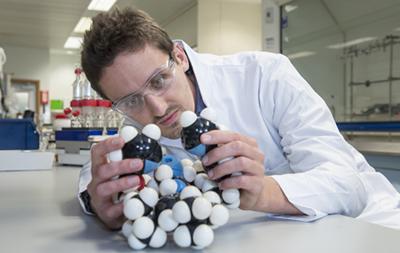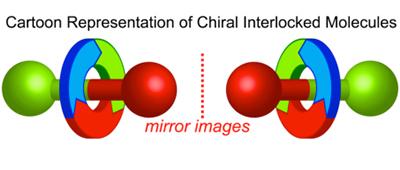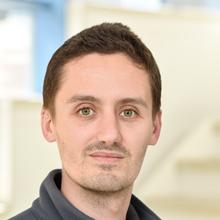Major European grant funds research into new types of mechanically interlocked molecules

Dr Steve Goldup, Associate Professor of Supramolecular Chemistry, has been awarded a €2million five year grant from the European Research Council. His group of researchers at Southampton will find out more about how mechanically interlocked chiral molecules operate, and what they are capable of doing.
These complex organic molecules, which are made of two components threaded through one another, have the potential to create the next generation of sensors and displays as well contribute to the development of new drugs.

“Chiral molecules are mirror images of each other, identical but different in the same way that your hands are to one another, and in many applications, it is important to make only one ‘hand' of a molecule” he explains. “In this completely new area of research we will investigate an unexplored class of interlocked chiral molecules and explore how they can be used as catalysts, sensors and materials.”
Although chiral interlocked molecules have been discussed since the 1970s, it has been difficult to make enough of them for study. In 2014, Steve’s team discovered a new and better method of creating them and this grant reflects this achievement.
In 2017, Steve will deliver the prestigious Bob Hay lecture in Cambridge in memory of one of the pioneers of macrocyclic chemistry.
